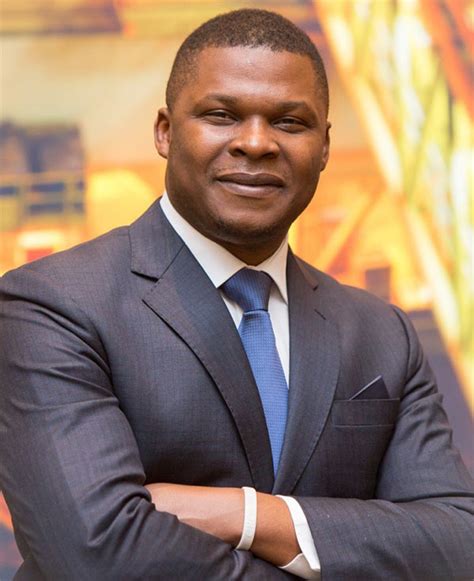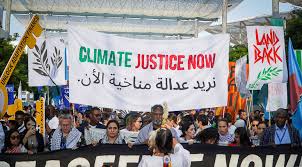The unrealistic view that emerging economies can develop using only renewables
By N.J Ayuk
Western governments pursuing net-zero goals often expect emerging and developing economies to follow suit. Yet their politicians show little understanding of the energy needs of developing nations. If they did, they would be forced to confront “an inconvenient truth” — 600 million people in Africa lack access to electricity, and nearly a billion suffer from inadequate cooking fuels. Addressing this crisis requires a more honest approach than simply eliminating fossil fuels.
But instead of working to understand our challenges and pursuing realistic solutions, bureaucrats in the Global North are using their influence to undermine critical energy infrastructure investments that could improve the lives of hundreds of millions.
As a recent report published by Sen. John Barrasso’s office describes, the International Energy Agency (IEA) — a Paris-based intergovernmental organization known for its influential energy forecasts — is increasingly responsible for feeding the unrealistic view that emerging economies can develop using only renewables. This shift began in 2020 when the IEA ceased creating energy market forecasts based on actual demand and decided to focus exclusively on hypothetical scenarios aligned with extreme emissions reduction targets.
Governments and financiers rely on the IEA to inform policies and investment decisions, and, unfortunately, as the Financial Times pointed out last year, the agency’s pie-in-the-sky predictions have pushed many banks to withhold project financing. Citing the IEA, BNP Paribas and HSBC have halted all new financing for oil and gas development, while Barclays, ING and Deutsche Bank now finance these projects selectively. Often, banks invest in projects in the Global North while rejecting projects in the Global South, citing concerns of a “carbon bomb” if Africa is allowed to prosper.
A bank should evaluate investment in an African oil field based on a project’s viability and associated risk, just as it would for a Norwegian, British or American project. Yet they don’t. This is precisely why the African Energy Chamber plans to hold several banks legally accountable for promoting financial apartheid in the energy sector.
Giving cover to Western banks’ discriminatory behavior, European elected officials also leverage the IEA’s crystal ball projections to discourage African energy projects. In 2022, the European Parliament adopted a joint motion condemning the East African Crude Oil Pipeline — a game-changing pipeline that will provide essential energy and employment — partly because of its lack of alignment with the IEA’s net-zero road map. The joint motion pressured dozens of investors to withhold their support.
The actions of Western bureaucrats aren’t just a matter of neocolonial posturing. By steering capital away from Africa’s potential growth, “environmentalists” don’t just stymie tremendous economic opportunity and trample on African nations’ sovereignty; they also work against environmental goals.
For example, South Africa, Africa’s largest economy, relies on coal for 72% of its electricity. The most practical way to reduce emissions by up to 50% would be to invest in gas-fired power stations, leveraging the ample resources available in South Africa, Namibia and Mozambique. However, the IEA’s leadership has explicitly called for no new gas projects, claiming that existing oil and gas fields “are more than enough.” One cannot look honestly at the South African economy and argue that there is “more than enough” supply of any energy type.
The positions of African energy leaders must not be misconstrued as “anti-renewable.” Africa must produce all the energy it can and utilize a diverse energy mix. However, what works in remote villages may not be appropriate in rapidly growing urban centers, where renewables cannot yet provide an affordable and reliable option to power major industries.
Fundamentally, African countries are the best positioned to address their complex energy needs. While oil and gas may be considered “dirty words” in Paris, London or New York, hydrocarbons present cleaner alternatives to the solid biomass and kerosene that 85% of Africans use to cook their food today.
To help end energy poverty in Africa, global institutions like the IEA must cease perpetuating the myth that Africa can meet its population’s needs without fossil fuels or can afford to sacrifice economic development for externally imposed climate goals. Europe, the United States and China have made incredible strides in addressing malnutrition, life expectancy and disease by powering economic growth with uninhibited access to coal, oil and natural gas. Why can’t we?
• NJ Ayuk is executive chairman of the African Energy Chamber, CEO of Centurion Law Group and author of several books about the oil and gas industry in Africa, including “Billions at Play: The Future of African Energy and Doing Deals.”







